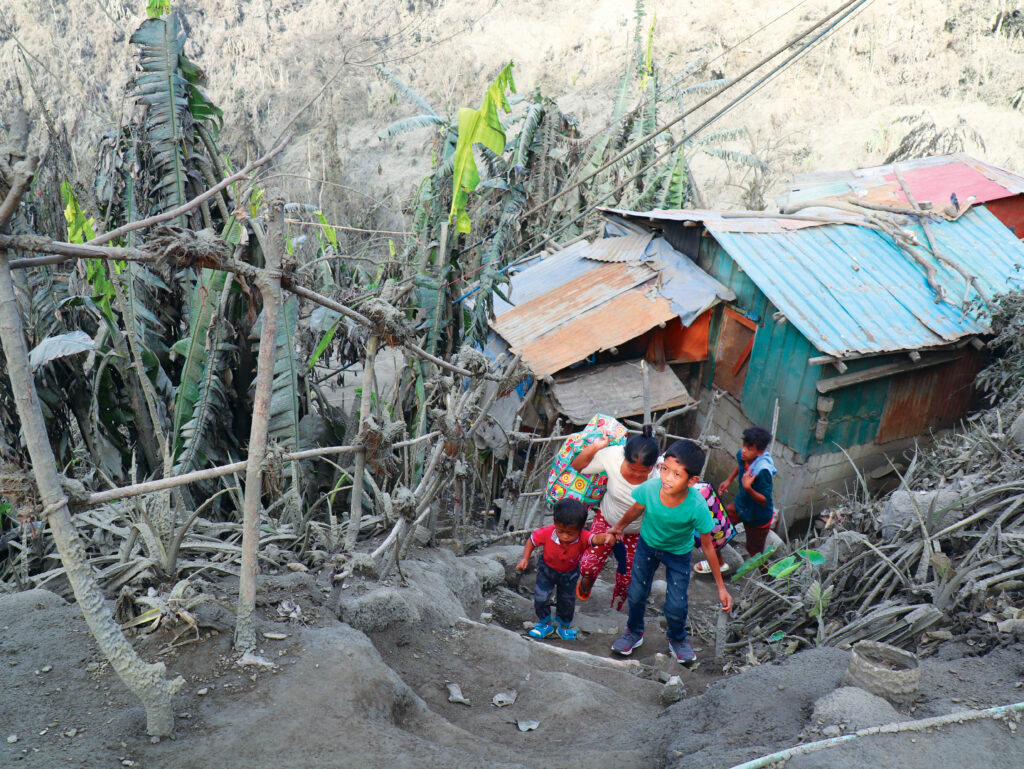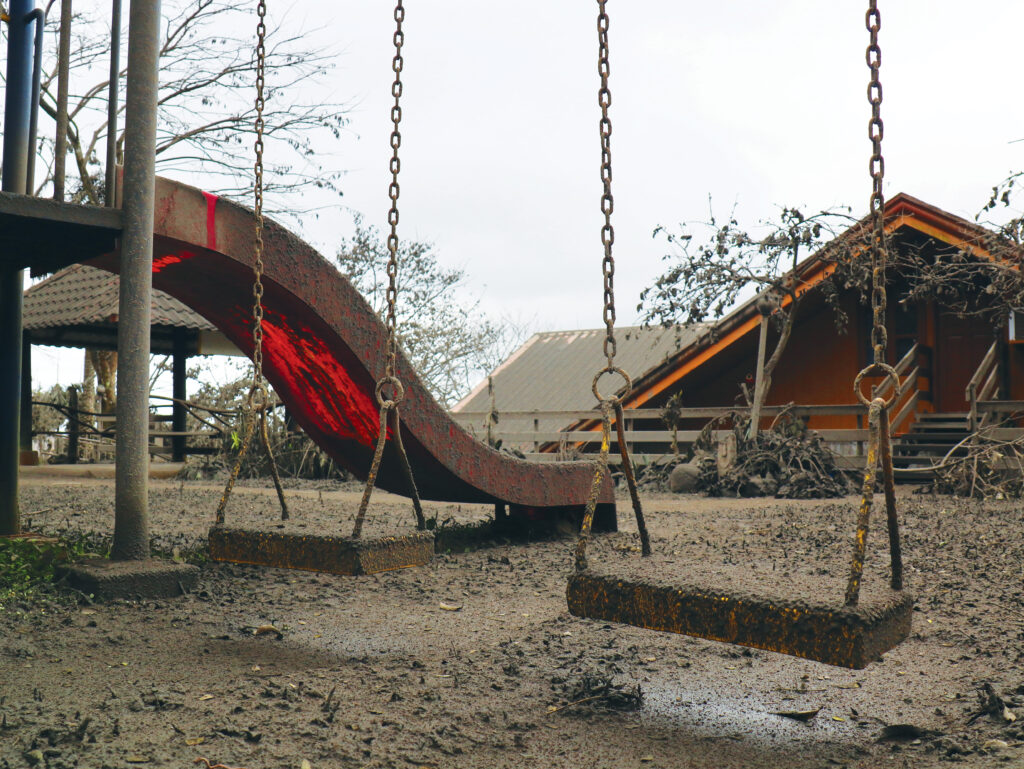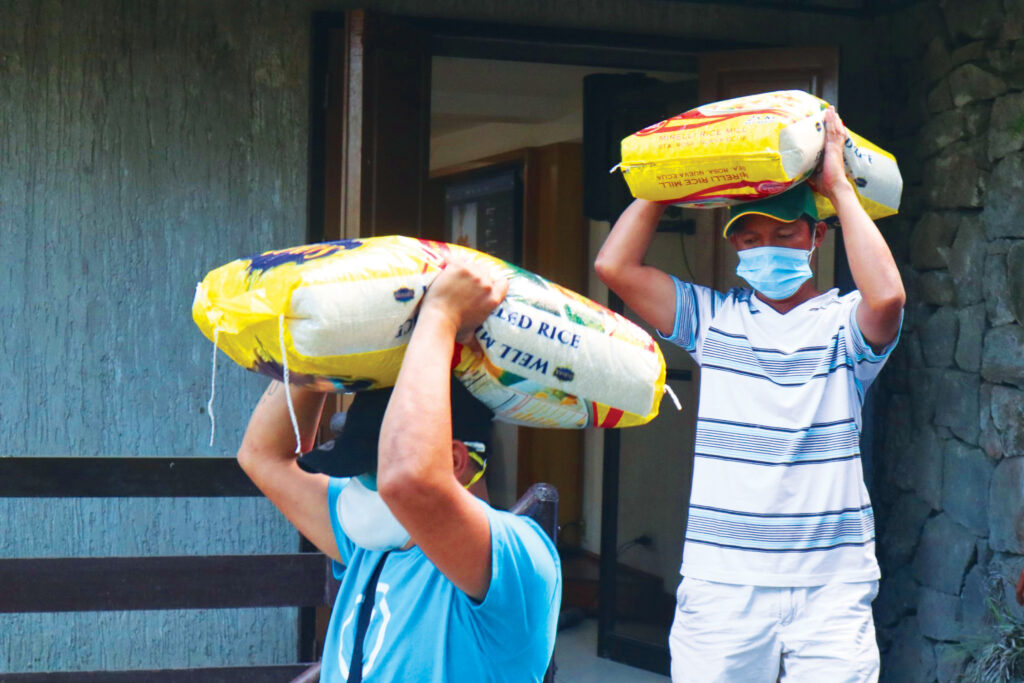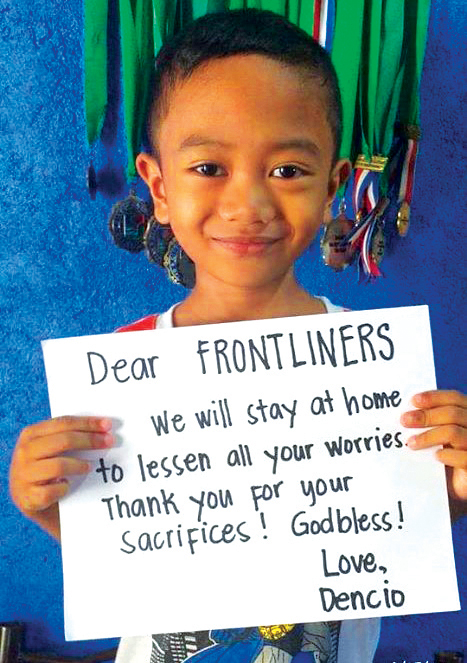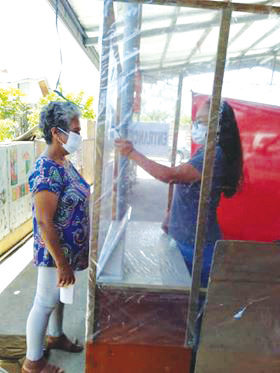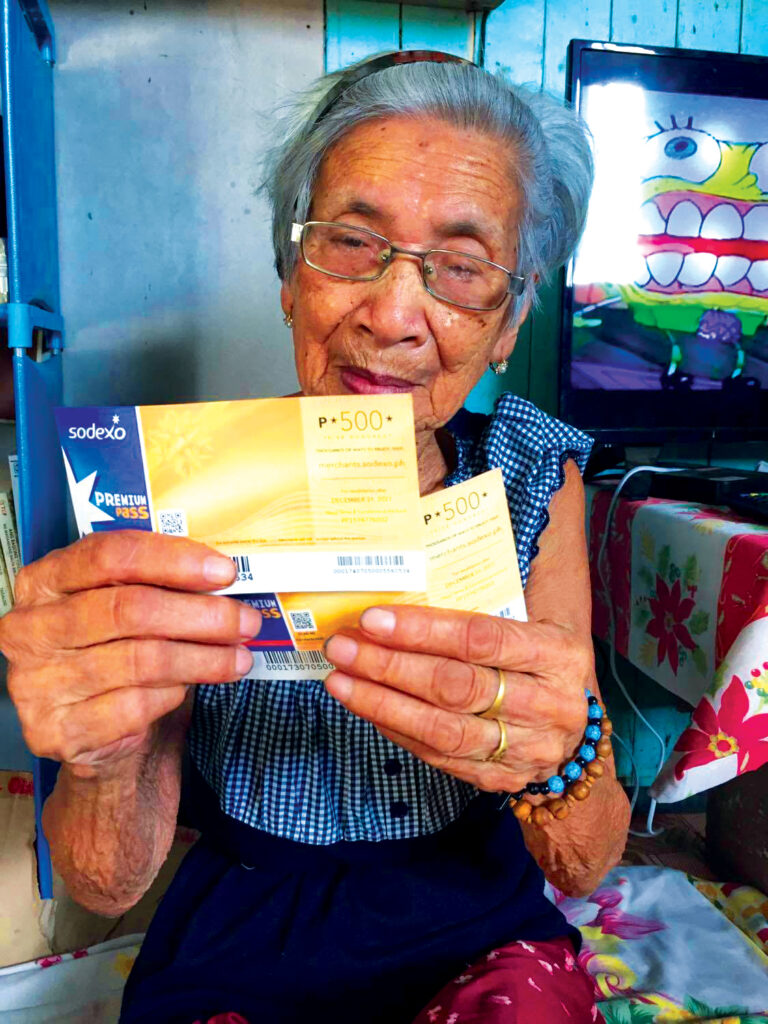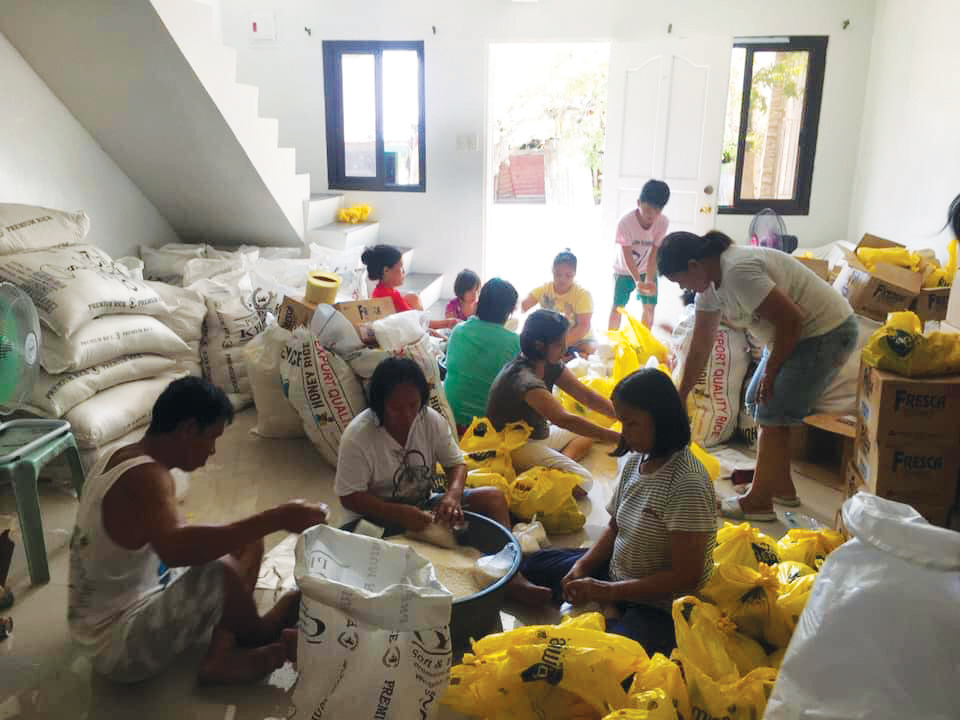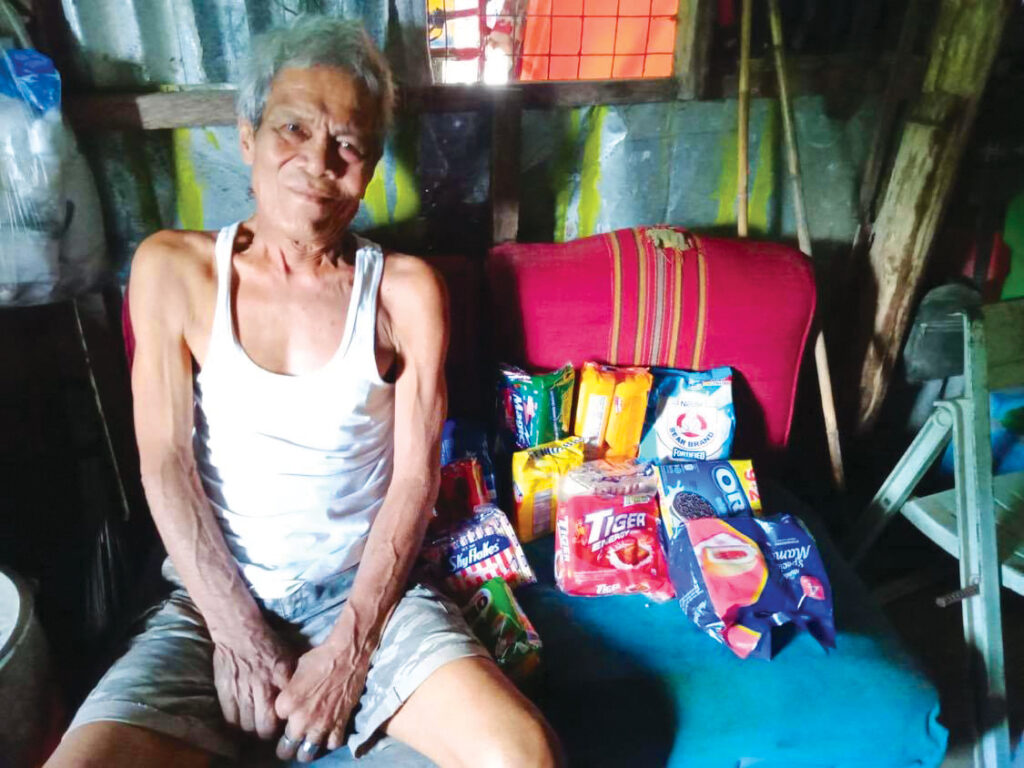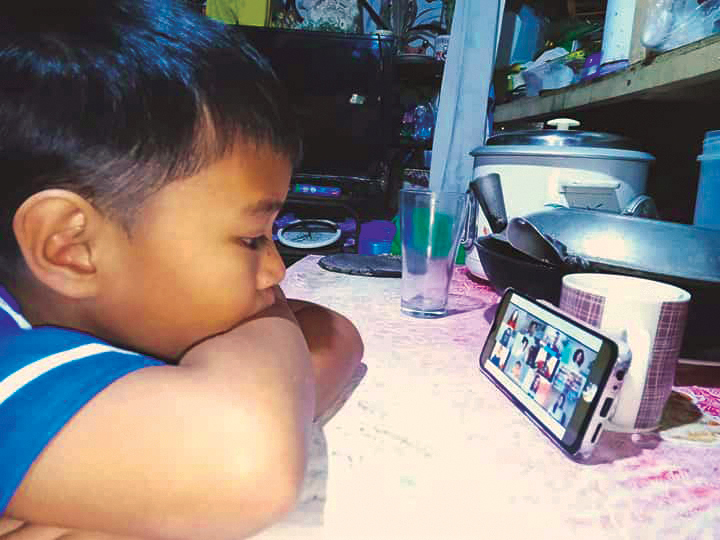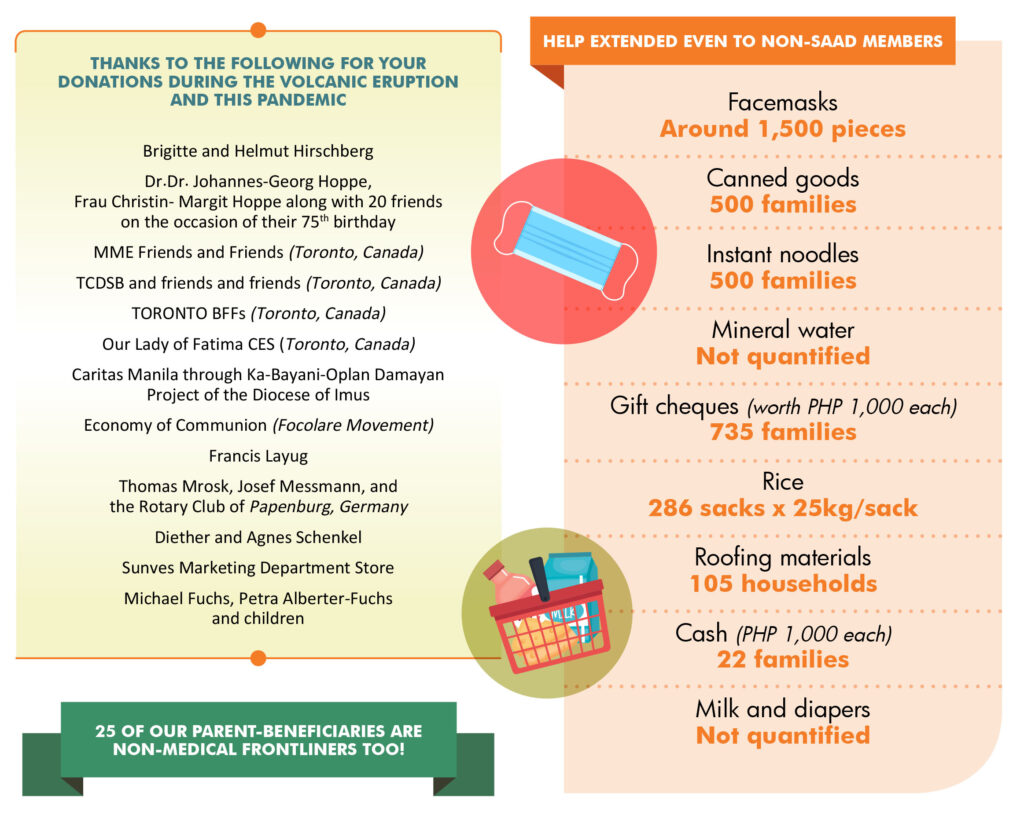Fear. We can sense it. We can see it…but there’s more than just a glimmer of Hope!
How can Pag-asa live up to its name in the midst of this Covid-19 pandemic? How can it continue to bring hope to the community it serves?
Dear friends and sponsors, as you all know, Pag-asa experienced a first crisis situation earlier this year when nearby Taal Volcano erupted, causing difficulties as bad as the pandemic. However the current crisis presents its own challenges for we know not when it will be over, nor what the future holds for us. It seems to paralyze us and leave us with very few options on what to do as a response.
But on second thought, are our options truly limited? Or are we just too focused on the negative effects of this situation that we don’t see the opportunities it offers? We may be too engrossed in so much negativity that we do not see the message right in front of our eyes.
Maybe the only items that we search for in the news are those about the pandemic: statistics on active cases and deaths, the government’s actions and failures, initiatives to help by private companies, organizations, and individuals.
The bad news could be too much to take in. It could worry us so much that it makes us lose hope.
Pag-asa (hope) has always tried to give hope and will continue to do so in these challenging times. Whether by distributing material goods or by simply offering words of kindness and encouragement, Pag-asa staff have always remained faithful to their calling as bringers of hope. Opportunities to serve are never lacking in a country like the Philippines, which due to its geographical location and features, is beset with numerous natural calamities each year.
Last January, the picturesque Taal Volcano near Tagaytay which has lied down relatively calm and dormant for a century suddenly spewed ash that rose several kilometers high. A rain of mud followed, blanketing the area of Tagaytay where Pag-asa is located with several inches of volcanic soil. What was once a verdant tourist destination all of a sudden became a ghost town.
Pag-asa was temporarily closed as there were news reports of an imminent and more violent explosion of the volcano. Some staff chose to remain in their homes to be at the continuous service of the community. Some had to evacuate to safer grounds, to their relatives. Once it was possible to move around, everyone went back to action, like soldiers checking the aftermath of a war zone. There was so much to do: distribution of relief goods, transport of people to evacuation centers far from the danger zone, then packing of relief goods again for distribution the next day. When the volcano danger level has gone down we visited our family beneficiaries at once. To see the damage caused by the ash fall on the house roofs and farmlands was simply appalling.
We were just starting to rise up from the ashes when the Covid19 pandemic emerged.
Again, the question: how to help? Many of our families rely on daily wages to survive; if they do not work, they do not get paid. Where to find the financial resources to ensure that the most needy could put some food on their table? The answer came at once: eliminate items in the Pag-asa annual budget that have become irrelevant because of the present situation. It was easy to forego the budget for summer recreational activities and to channel the money to buy basic necessities for our families. Distribution was a challenge this time because of the prescribed rules on social distancing and disinfection procedures. When physical proximity was not possible, we followed our families through phone messages and social media, and tried to allay their fears and worries. We have grown close as a community more than ever thanks to this pandemic. It even opened new opportunities for us to extend the operations of Pag-asa to a poor coastal community 40 kilometers away from Tagaytay.
Noveleta is a town where the main source of livelihood is fishing. We got to know of a community there through some friends. Because of the government-imposed lockdown, people could not go fishing. Material help from the local government was delayed in coming. Around 50 families were severely affected and getting hungry. These friends who share the same values and lifestyle as Pag-asa started to give whatever they can: a few kilos of rice to each family, with faith that more help will come if they entrust themselves to Divine Providence. True enough, they did not have to wait for long. Friends and relatives who heard about their story started to contribute money so that more families could be given help. In the end, they were able to distribute rice to about 1100 families and such solidarity continues until now.
Some life experiences of family beneficiaries during this lockdown period are simple but beautiful, and are the fruits of Pag-asa’s efforts to transmit good family values. We would like to share a few:
Who knows how many such stories are yet to be shared? It would take many more pages to share them all! We realized that it was better to focus our efforts on multiplying these gestures of kindness and solidarity, rather than be crushed by depressing news that bombard us every day. Yes, at this point no one knows how long the pandemic will last. What we are certain of is that these stories which uplift human dignity and spirit will continue. They are stories of hope, of Pag-asa, of Providence, of Love.
They are your stories too because they would not have been made possible without your help.
Dear friends and sponsors, we wish you and your loved ones a safe passage through this difficult period.
Confident that we will get through this together, we wish that instead of fear, we will sense HOPE – and that we will see more of it.
Heero Cayasa
PSC Public Relations and Communication Officer
on behalf of the Pag-asa staff and all our beneficiaries.
The New Normal for Pag-asa
Parent beneficiaries will continue to help maintain the cleanliness of Pag-asa as long as the number of individuals present to render the service will not exceed 10, as mandated by the government.
Rice will be given to each family on a monthly basis in exchange for the service rendered to Pag-asa.
Students of the Daycare will be given home schooling by their parents, who will receive from our teacher in Pag-asa the lessons for each week together with the necessary instructions.
Spiritual and values formation will continue. Assigned staff will visit the children in their own villages to carry out the formation activity. Each group will not exceed 10.
The dental clinic will accommodate online consultation only.
Pag-asa staff will continue to work from home most of the time, with only a few reporting physically to the social center at any one time.
